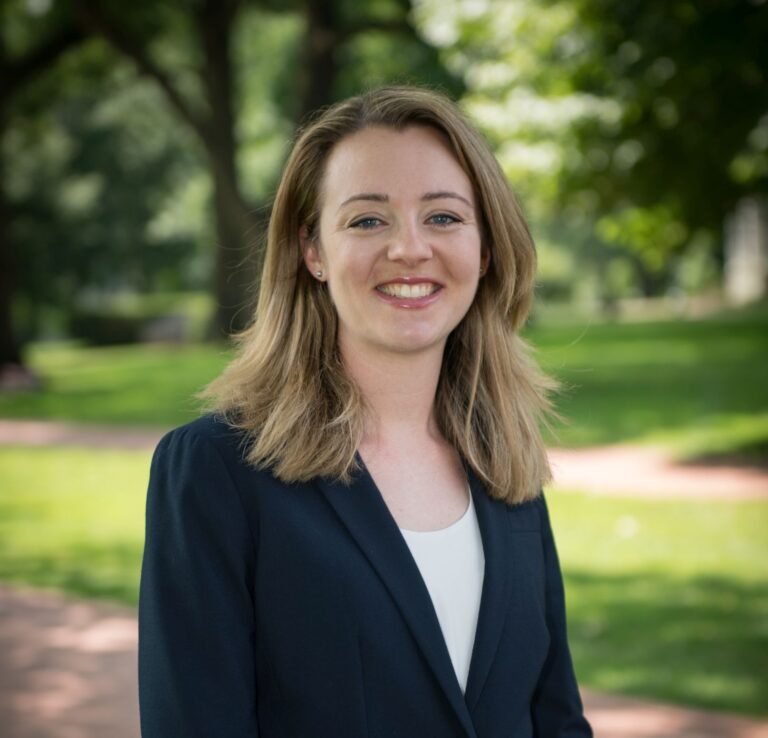
Faculty Spring 2022: Amanda Scott
Assistant Professor of History
This book project examines the intersection of pilgrimage, poverty, illness, and crime along the border of Spain and France during the wars of religion in the late sixteenth to mid seventeenth centuries. My launching point is the criminal case of an amnesiac French priest named Don Pierre de Praxelier, who was arrested and accused of espionage as he traveled on the pilgrim’s route to Santiago de Compostela and was subjected to rigorous investigation by a frightened locality. Early modern Europeans experienced over a century of nearly continuous warfare, famine, displacement, and economic crises, much of which stemmed directly from cataclysmic political realignment of the European superpowers in the aftermath of the Reformations. I investigate how existential anxieties over security, safety, and belonging were expressed by ordinary people, and how against the backdrop of religious war, localities initiated their own processes of exclusion and turned the law upon the poor and those living on the margins of society. Shepherding readers through this world of crisis, I consider how the same evidence looks different, depending on what questions we ask of it: if we are interested in the treatment of the disabled and mentally ill, how would we read Praxelier’s trial? By contrast, if we are interested in reform of the clergy, or criminalization of the poor, or emigration and border policy, how would we approach this trial differently? Pilgrim, Pastor, Pauper, Spy: The Case of Pierre de Praxelier, approaches these questions through eight chapters arranged in pairs under each of these themes. Each four sets of twin chapters guide readers through one historiographical perspective, while also grounding the trial alongside related records from other archives in Spain and France.